The problem with holistic management is it's so profoundly simple, but it's not easy. And it's profoundly simple. You're almost insulting people's intelligence to explain it twice, just about making better decisions of where you want to go in your life, bringing in environmental, social, economic issues simultaneously.
- Allan Savory
There's no denying the negative impacts our current agricultural systems are creating on our environment. Land degradation, loss of natural animal habitats, and the pollution of our waterways are a few of the well known problems, but one of the more hidden dangers is greenhouse gas emissions (GHG). Large scale confined animal feeding operations are a contributing factor to rising carbon, methane, and nitrous oxide levels. According to the Food and Agriculture Organization of the United Nations, total emissions from global livestock represents 14.5 percent of all anthropogenic GHG emissions. The problems span from food production to manure storage and the fossil fuels burned transporting that food around the globe, to the health concerns of the consumers. The challenges of this system of monoculture and confined animal lots are evident and can not be denied.
At the Everson Ranch, we believe in operating in a different paradigm. Through the use of holistic land management, thoughtful energy practices, and soil improvement programs, we strive to leave the Earth better than we found it.
The Savory Institute, based on the teachings of biologist and farmer Allan Savory, is a leader in education of holistic land management. According to the Savory Institute, holistic management can be defined as a process of decision making and planning that gives people the insights and management tools needed to understand nature: resulting in better and more informed decisions that balance key social, environmental, and financial considerations. Holistic planned grazing is a complex method for managing grazing to provide healthy livestock feed, prevent erosion, integrate wildlife, improve the soil, and plan for drought and fire. These are the principles and guidelines that inspire our work at the Ranch.
The Everson Ranch is home to Scottish Highland Cows, Large Black Pigs, several varieties of goats and chickens, ducks, and a llama. Our heritage breed animals play a large role in maintaining and improving the health of the land.
Grazing is one of the most effective ways to increase carbon in the soil, resulting in soil that is bioactive; alive with more nutrients available to the growing plants, allowing the animals to graze the land, munch the plants to the ground while leaving the root base of the plant intact. This allows the roots to remain in the soil and become fertilizer for the new plants to grow. By leaving the network of roots behind, grazing is key in fighting against erosion of the soil. It also creates a less shady environment for the new growth by removing overgrown plants.
As the animals roam the land, their feet naturally break up the soil, churning it up and making it more viable. As they leave fertilizer behind, some of the methane naturally created is metabolized by the bacteria, fungi, algae, and proteza populations of soil. The build up of methane producing waste is a huge contributor to GHG, as methane is 21 times more potent than carbon dioxide in causing global warming.
In order to combat these issues, in August of 2016, we installed a methane digester to collect manure. By capturing and burning the methane produced from animal manure, anaerobic digesters work to lower the rate of global warming. Here in Saguache County, we are pioneering the usability of this approach to digesting wastes as a substitute for conventional septic systems.
Improving soil health is the focus of our garden, which is growing by leaps and bounds. Employing holistic gardening methods, which care for all of the environment, and sustainable practices, including companion planting, crop rotation, and composting instead of chemical fertilizers, we're improving the land and feeding our community. The hoop houses extend our limited growing season and we're already enjoying the fresh lettuce and herbs.
We're proud to share what we've been up to with our visitors and volunteers. Our summer season began with the celebration of World Naked Gardening day. Our ranch guests all pitched in to transplant vegetables into the new hoop house. With the help of all the volunteers, we accomplished our task in no time. We ended the celebration with a community meal provided by the ranch staff to thank all who came out to help and support our work. Our summer plans continue with volunteer projects in the garden every Saturday morning including tours of the ranch and a community 'Field to Fork' lunch served weekly at one. Our menu changes each week and is always focused on what we can cultivate right here at the ranch and source throughout the Valley.
Sunday mornings, Cherrye makes her homemade pancakes, with locally sourced wheat flour, for our weekly Sunday Brunch. Fresh eggs gathered from our chickens, breakfast sausage from our heritage pigs, greens from the garden, and a fresh fruit salad round out the menu.
Join us June 23rd for an herbal remedies class led by Malana Fox. Come and learn about herbs and herbal remedies that promote digestion through the bitter principles. We will also explore herbs and remedies that ease indigestion, gas, and bloating (the carminative herbs). This will be a fun class where we sample remedies and share recipes.
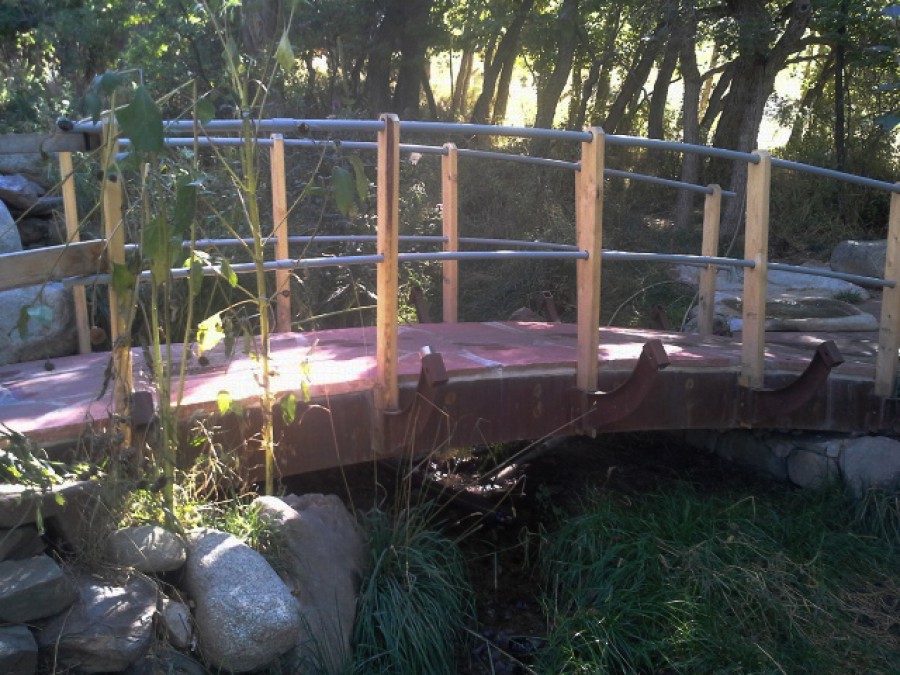
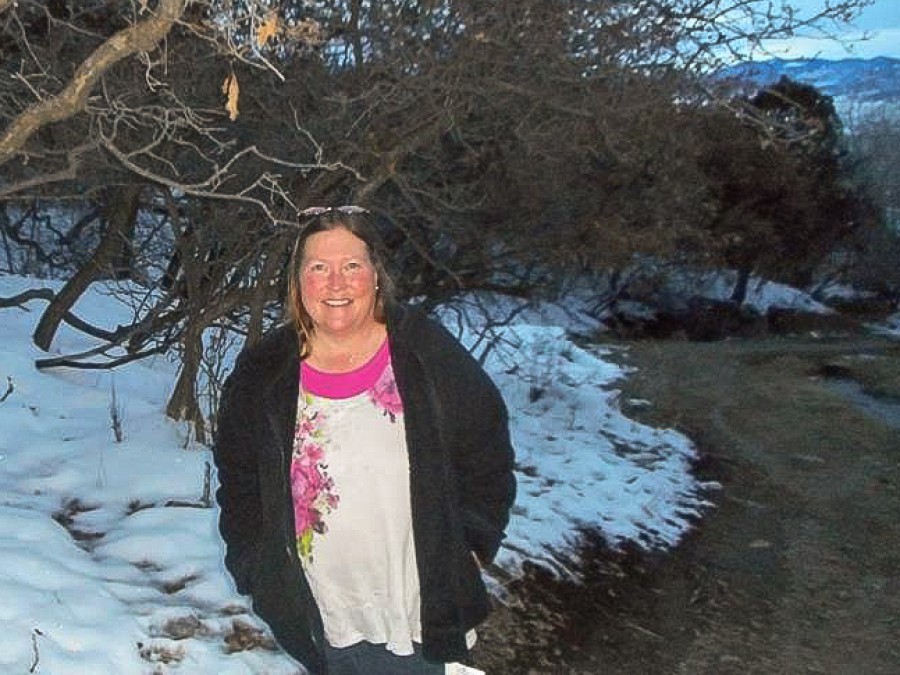
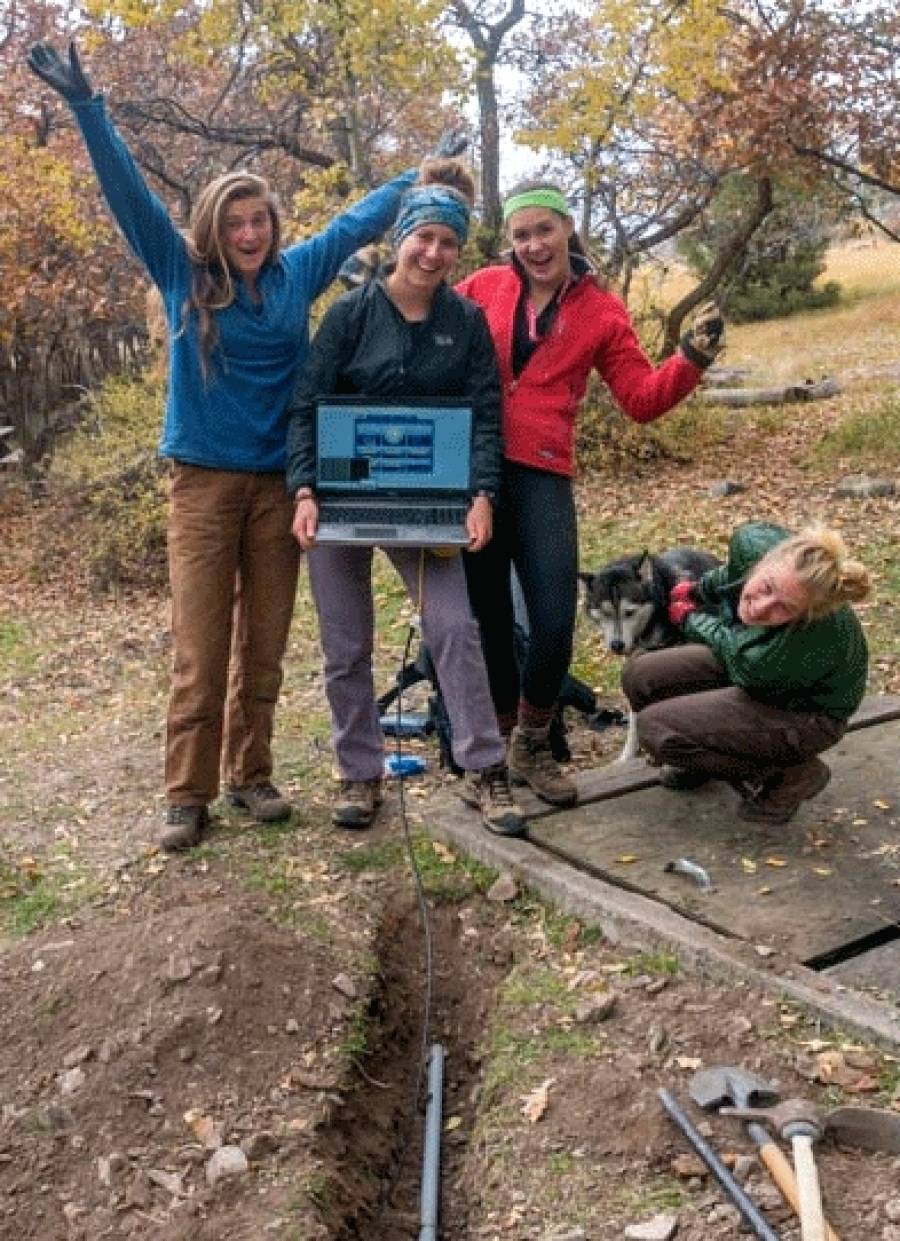
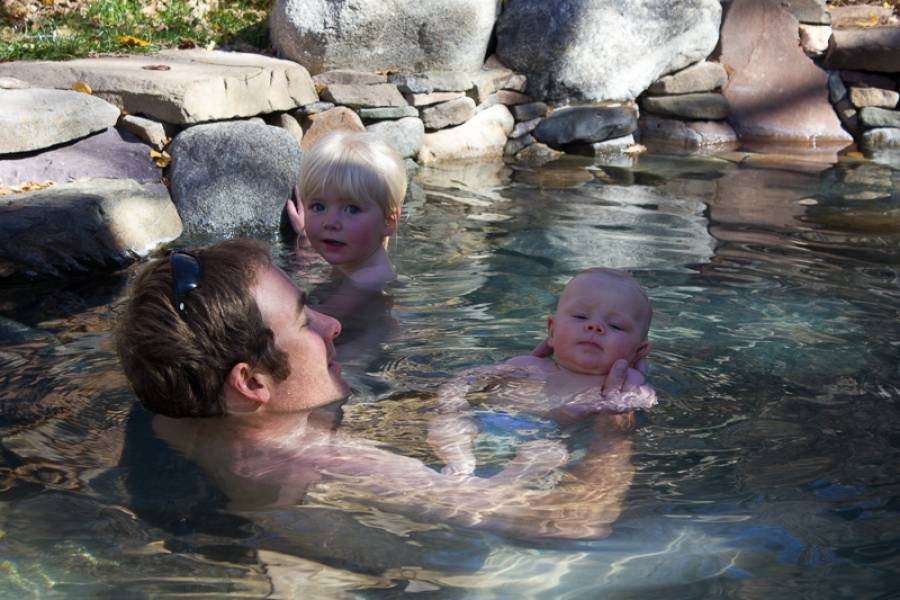
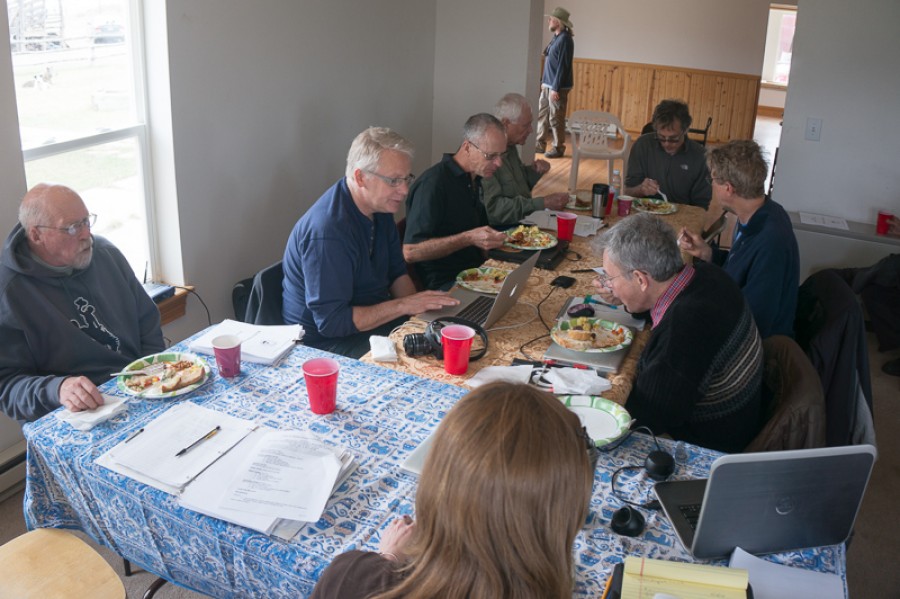
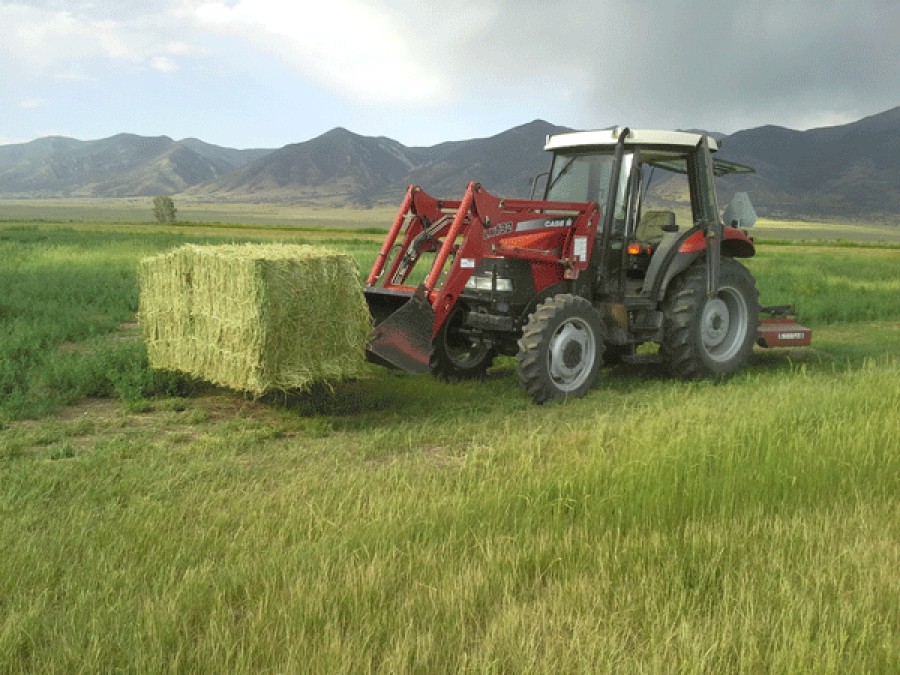
![New Telescope: See for Yourself [Video] New Telescope: See for Yourself [Video]](https://olt.org./media/k2/items/cache/bdc7d0f30e0c420b2ac279d6a1c096e4_XL.jpg)
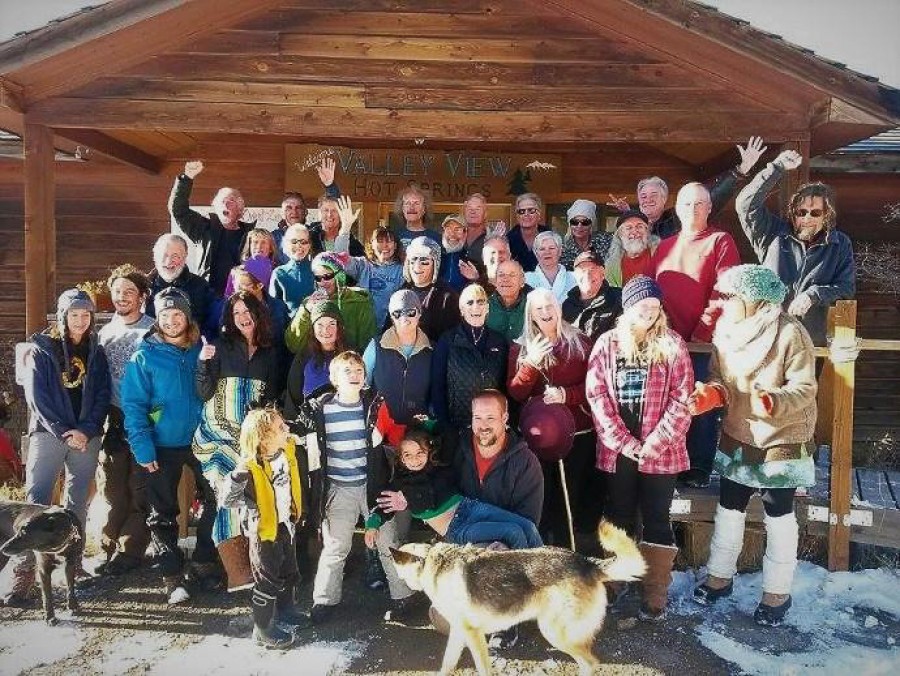
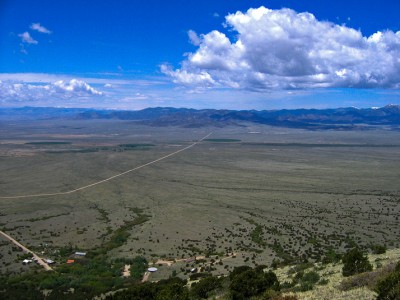
_jpg_83adb8a9456e860d630d4f91b9846fa4.jpg)
_jpg_b2b126dc767b7fbc9dc503f8e142b691.jpg)